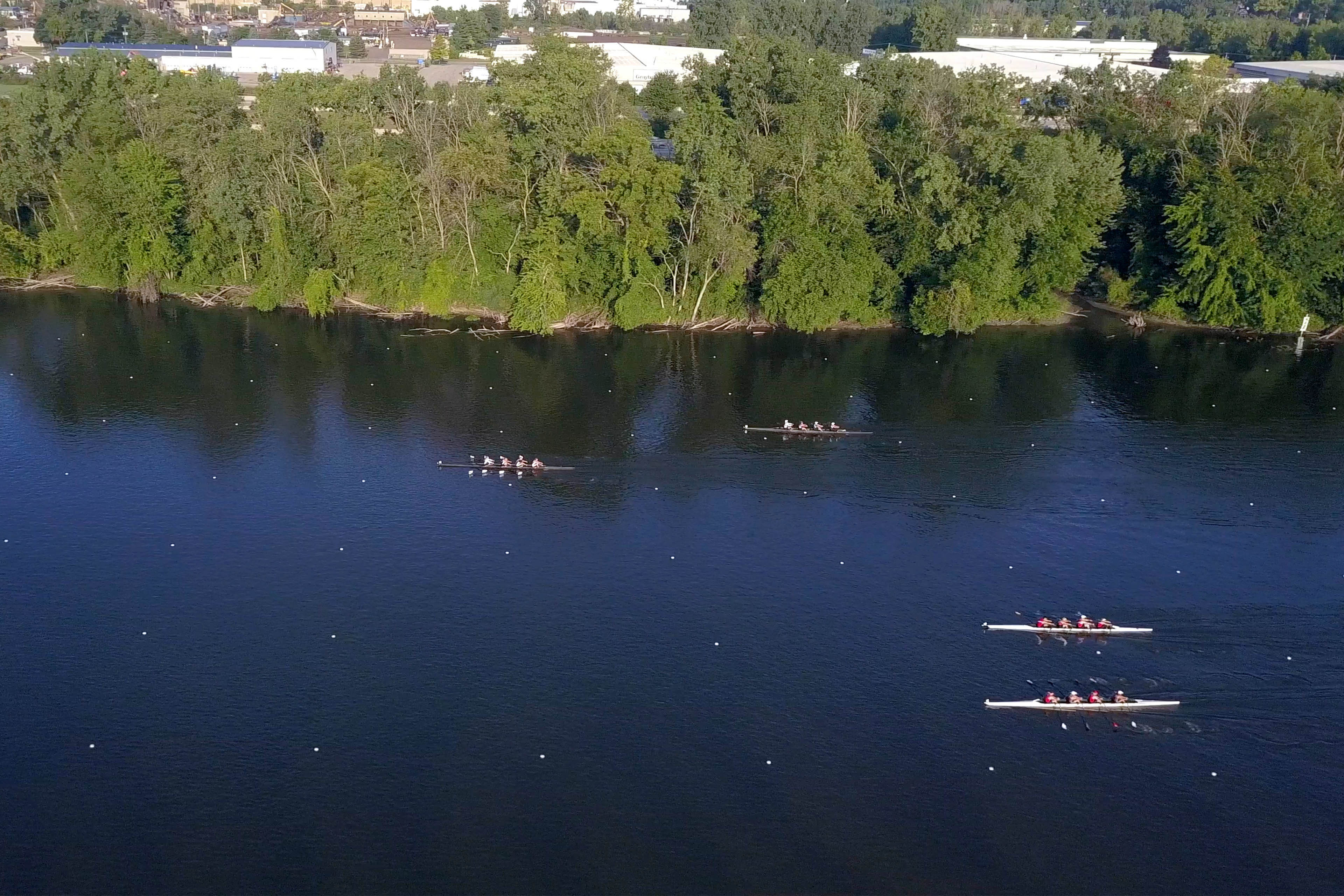EY refers to the global organisation, and may refer to one or more, of the member firms of Ernst & Young Global Limited, each of which is a separate legal entity. Ernst & Young Global Limited, a UK company limited by guarantee, does not provide services to clients.
How EY can help
-
The risks of climate change are clear, but where are the hidden opportunities? We can help you map both.
Read more
Climate and decarbonization roadmaps necessarily run over a much longer timeframe than the typical corporate cycle. This means leaders and managers have to make difficult choices now about things that might not fully affect the organization until years into the future. Unless they are incentivized to make those decisions, there’s a risk they’ll keep finding good reasons to defer them. As a result, the pace of decarbonization slows.
Hearts and minds need to be aligned. When you look at great economic and social transitions from history, the organizations that thrived were often those led by inspired people who owned the business and believed the future was theirs. These leaders took focused action to drive change in the short term, in the expectation that it would create value for the long term. Can you lead your business with this mindset, even if you don't own it? And can you incentivize your people to act in this way? Or at least not incentivize them to take action that slows the pace of decarbonization?
In our study, 57% of Pacesetters are assigning accountability to hit carbon reduction targets and 55% are linking these targets to a meaningful proportion of executive compensation. Why are these percentages not higher? Why aren’t more companies putting decarbonization targets on management score cards?










